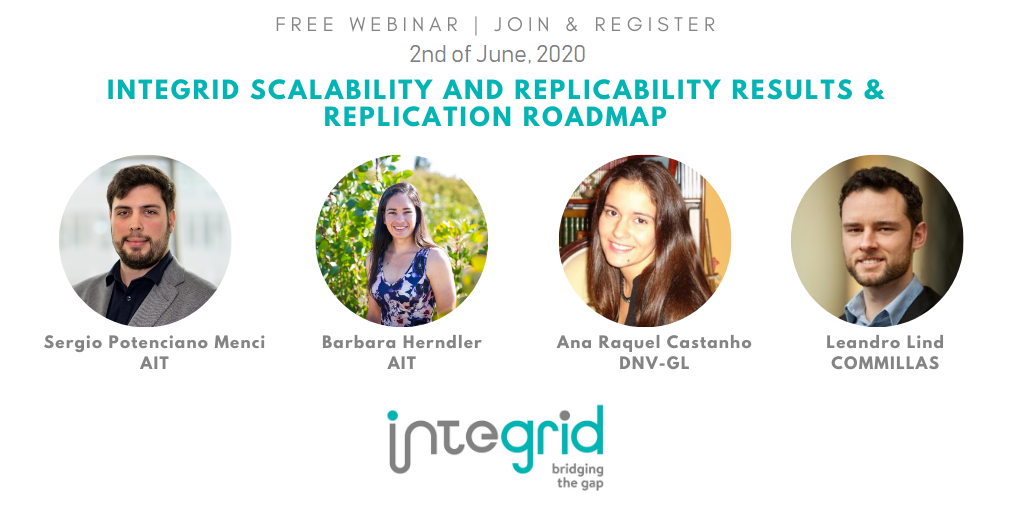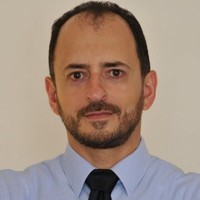ISGAN’s strategy and work programme for 2020 and beyond were a centerpiece of discussions, in addition the proposal of a new Annex. Annex 9 will focus on Flexibility Markets, their development and implementation, and will be headed by Operating Agent Iliana Cardenes, of the United Kingdom’s Department for Business, Energy and Industrial Strategy (BEIS).
ISGAN is also proud to announce Brazil as its newest Contracting Party, and would like to thank Cyro Vicente Boccuzzi, President of the Latin American Smart Grid Forum for his support throughout this process.
Moreover, Israel is highly interested in joining our ranks and was represented by Yael Harman, Head of Technology and Renewable Energy of the Israeli Ministry of Energy, who took part as an observer.
To further ISGAN’s international cooperation, representatives from other TCPs were invited to the meeting: Stefan Nowak, Chair of the IEA Photovoltaic Power Systems Programme (PVPS) and Paul Lucchese, Chair of the IEA Hydrogen Technology Collaboration Program (HTCP), who shared insights into the work of their TPCs and possible areas of cooperation with ISGAN. Furthermore, the meeting was complemented by presentations from the IEA and CEM Secretariat.
On Day 3 of the ExCo meeting, ISGAN Annex 6: Power Transmission & Distribution Systems hosted a side event showcasing the recent work done within the Annex. More details here.
Another side event was organized by the ISGAN KTP Team and focused on experiences from various projects and work within ISGAN’s Annexes. The challenge addressed in this workshop were the barriers for knowledge flow and engagement between stakeholders at national level with the international level, and vice versa. More details here.
For more news on smart grids do not forget to register to our newsletter!
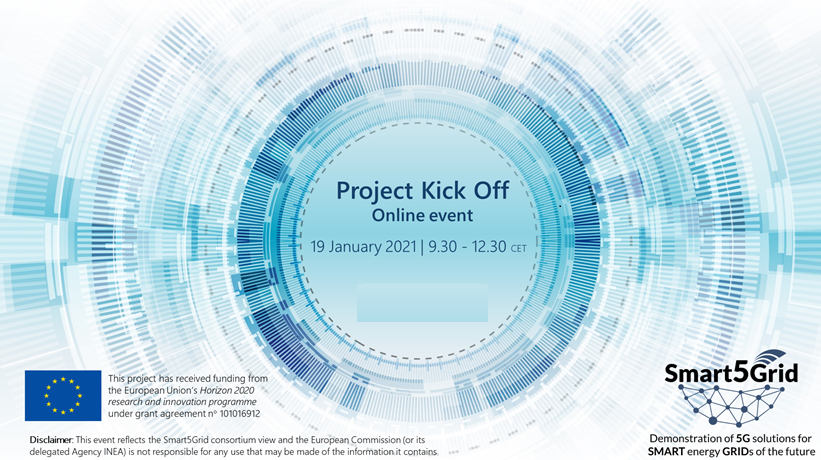
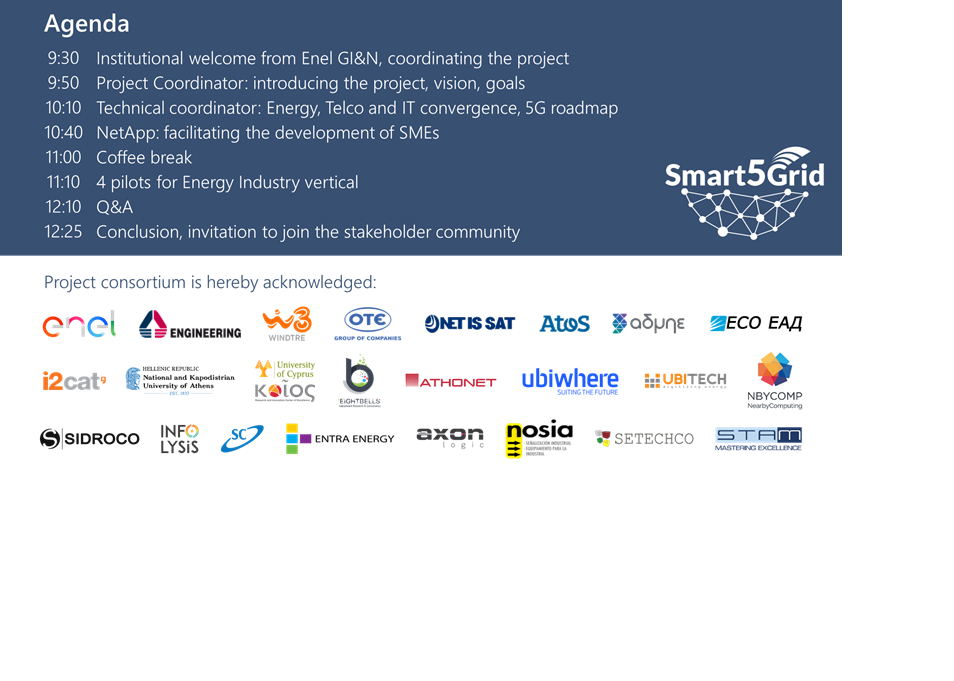



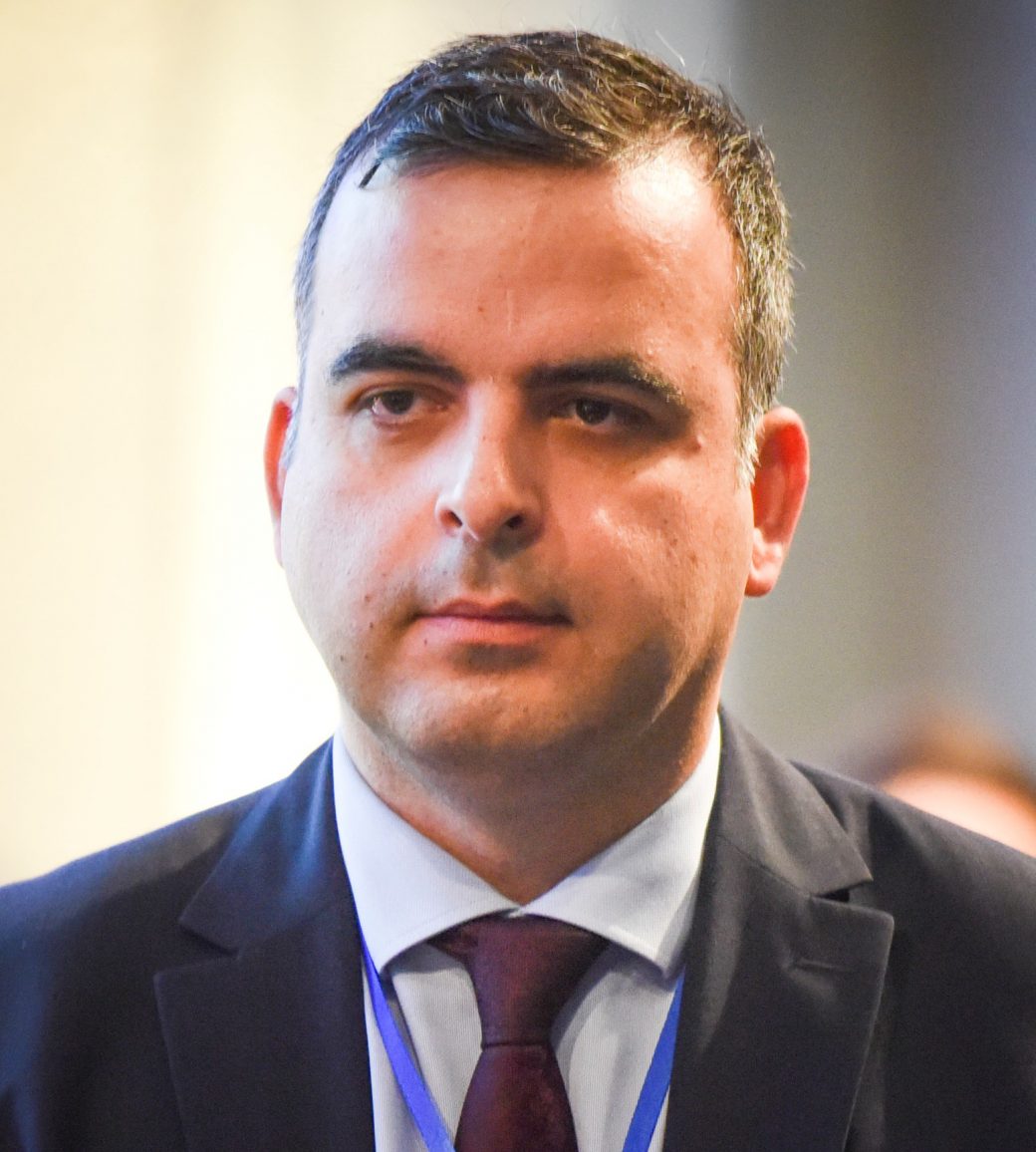


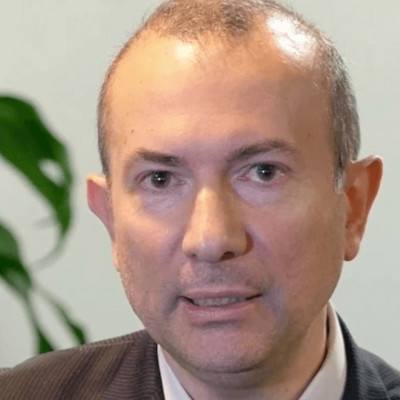

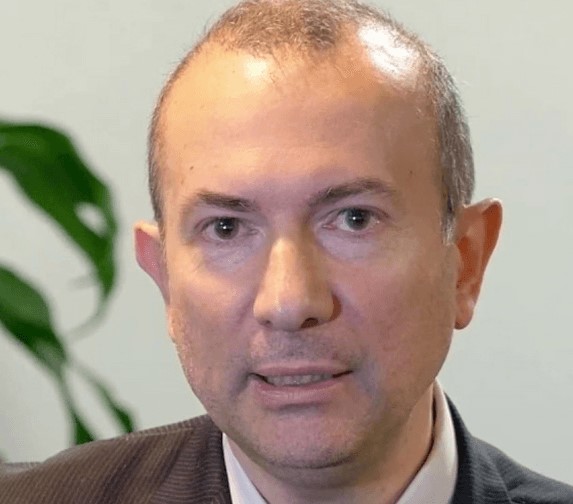
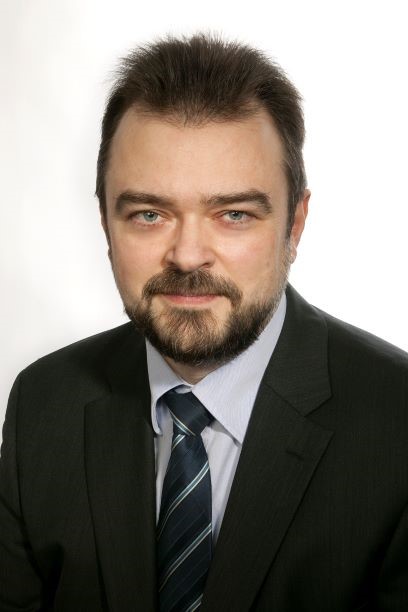
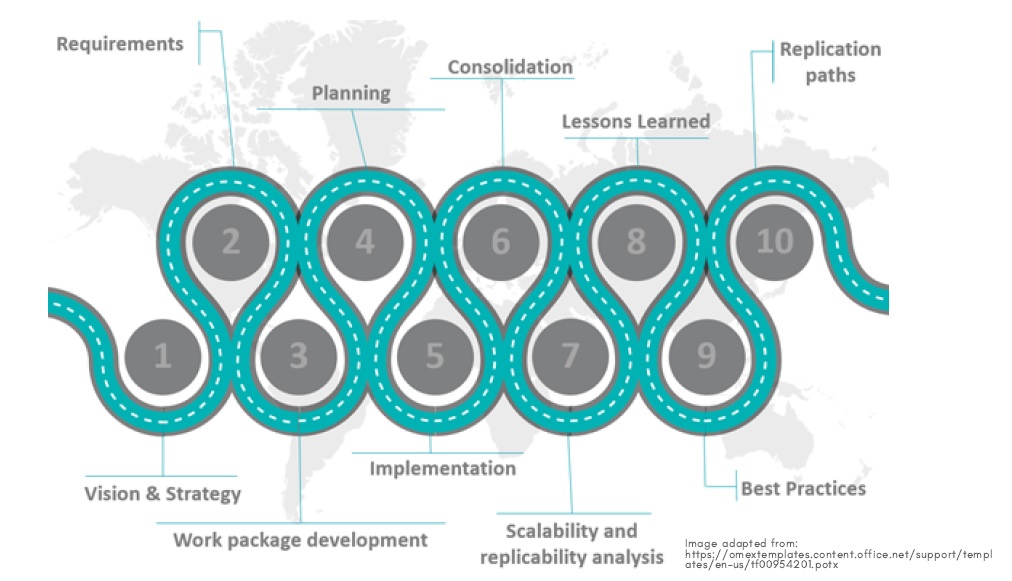
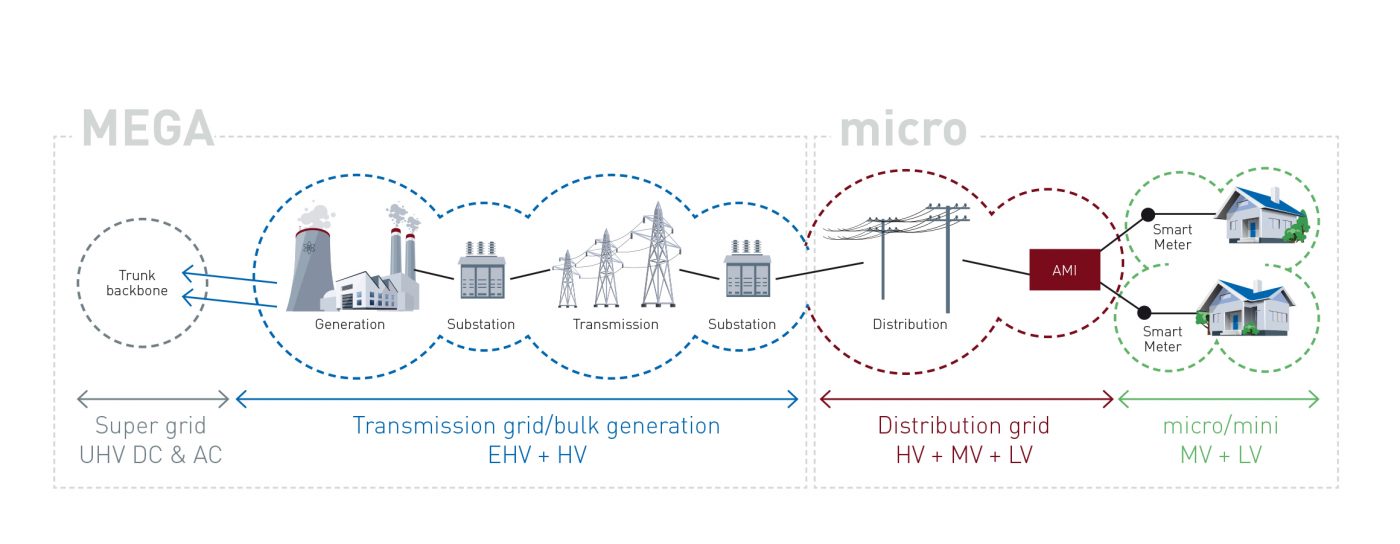
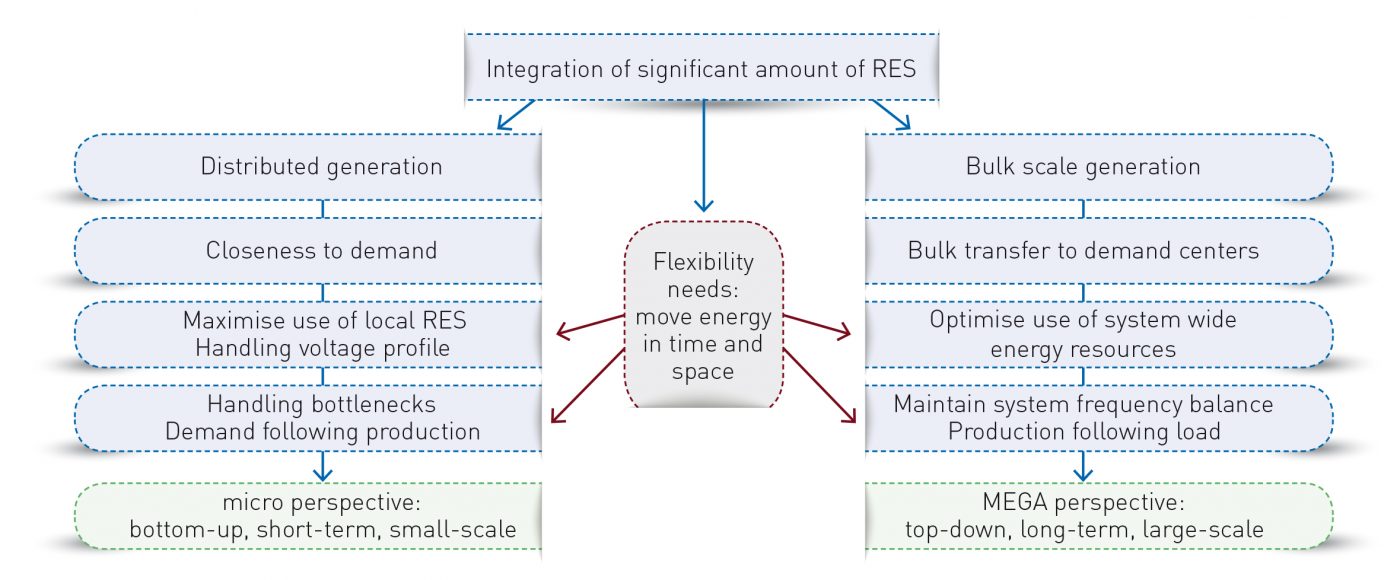
 The participants at these two meeting days have shown a high level of engagement and it has been highly valuable to learn from each other. In short, we can conclude that these meetings were very productive and successful in gathering a large amount of knowledge.
The participants at these two meeting days have shown a high level of engagement and it has been highly valuable to learn from each other. In short, we can conclude that these meetings were very productive and successful in gathering a large amount of knowledge.